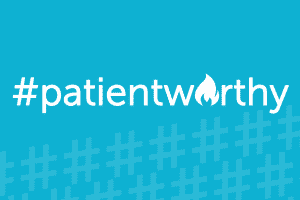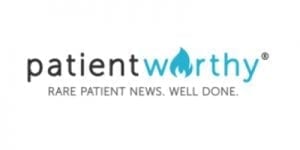The FDA grants the Orphan Drug designation to treatments indicated for rare diseases, which are defined as affecting less than 200,000 people in the U.S. This designation is meant to incentivize companies to develop therapies for rare conditions, as it also comes with benefits such as seven years of market exclusivity and tax credits.
According to a recent article from Biospace, the FDA has recently granted this designation to NKX1o1, a treatment for acute myeloid leukemia (AML).
About AML
Acute myeloid leukemia (AML) is a rare form of cancer of the blood and bone marrow. AML causes the bone marrow to produce abnormal blood cells, which then crowd out healthy cells and causes the following symptoms:
- Easy bruising
- Lethargy
- Fatigue
- Fever
- Pale skin
- Shortness of breath
- Bone pain
- Unusual bleeding
- Frequent infections
Medical professionals are unsure of the underlying causes of this cancer, but they do know of a few risk factors. These include radiation, chemotherapy, and exposure to certain chemicals. In terms of treatment, it varies based on a patient’s overall health, cancer stage, and patient preferences. Options include remission induction therapy, stem cell transplant, chemotherapy, and drug therapies.
About NKX101
Using natural killer (NK) cells, NKX101 stimulates a cell-killing immune response. Specifically, it targets NKG2D ligands on cancer cells. It is currently being studied in a Phase 1 trial in adult patients with relapsed or refractory AML and myelodysplastic syndrome (MDS). Initial results are expected in the first half of 2022.
Hopefully, this trial and all future research produce positive results, as AML patients are in need of another treatment option.






